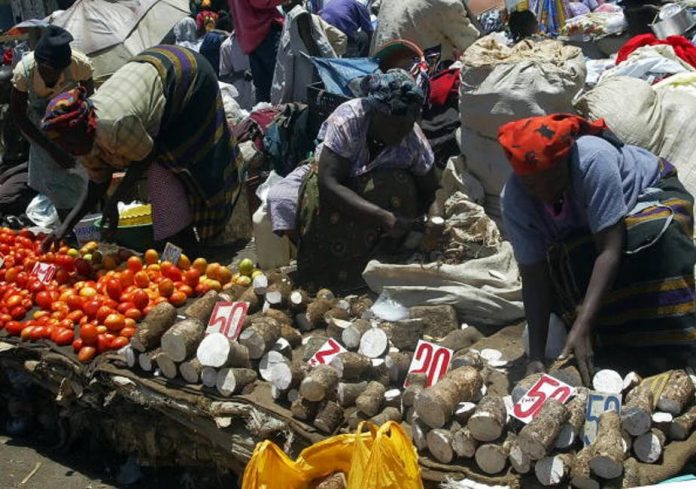In countries across Africa, the public health restrictions imposed to deal with the COVID-19 pandemic have thrown many people out of work. Cities face the risk of widespread hunger, with the collapse of urban incomes and disruptions in food supply chains. And where there are government-run relief programs, many have only reached a fraction of the people who have lost their incomes.
Most African countries are experiencing rapid urbanisation. But this trend can temporarily slow or even reverse during civil war or economic crisis. This is due to the fact that in crisis, as food prices rise and incomes fall, many people turn to farming to support themselves. Migration to rural areas to access agricultural land thus provides an important type of informal safety net.
Yet one of the unique challenges of this crisis is that restrictions on movement in and out of cities are being used to curb transmissions. For example, countries such as Ghana, Kenya and Nigeria have prohibited people from leaving major cities, effectively cutting off many from the informal social safety net during this time of crisis.
Most African governments are struggling to provide adequate relief to jobless people. Not only COVID-19 but also hunger are real risks to public health. Therefore, it is imperative to develop containment strategies that further ensure people do not go hungry.
Many African governments lack the financial and administrative capacity to launch new large-scale formal safety net programs. But they may still be able to run smaller programs which help people safely migrate back to more food-secure rural areas, simultaneously reducing the risk of transmission.
What might a safe rural migration program look like?
The basic idea is straightforward: help urban residents cover the costs of returning to stay with their extended families in the countryside, provide sanitary supplies to reduce the risk of infection in transit, and scale up health system surveillance to catch and contain potential rural outbreaks early.
It is important to note that this solution will not work for all urban residents, nor indeed for all African countries. However, in some places and if done properly, it could at least take some of the pressure off surviving in urban areas, and make it more likely that the people who remain can receive other targeted support. Read more…



